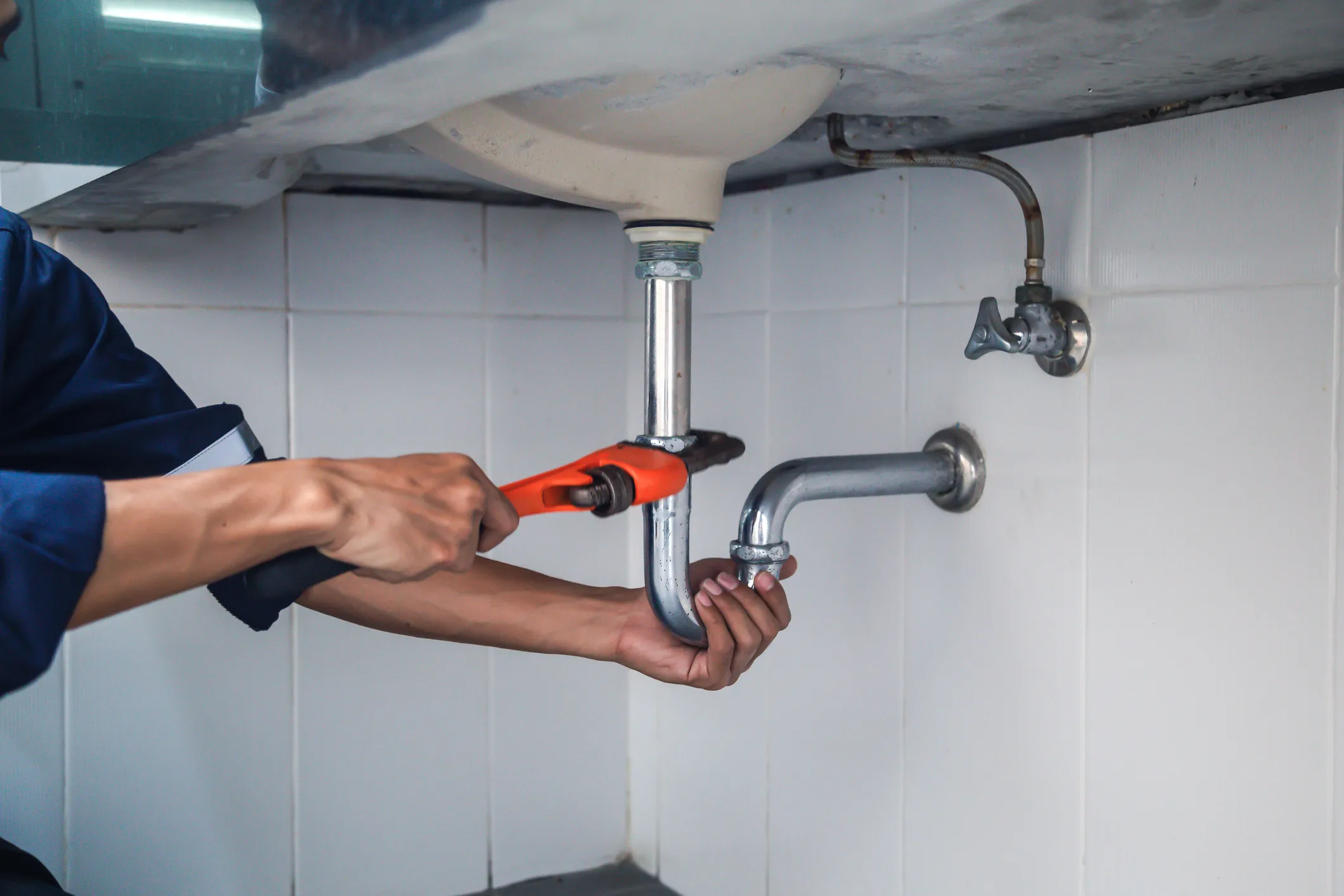How You Can Prevent Leaks, Clogs and Flood Damage
You expect your home’s plumbing system to operate efficiently, but hidden issues can hide everywhere. Luckily, you can avoid clogs, leaking and floods with a little routine care. Here’s how to keep your water running and your stress levels low.
1. Keep Foreign Debris Out of Sink Drains
Many kitchen sinks may be fitted with a garbage disposal, but certain food items still should go in the trash or compost heap dumped into the drain, including:
- Cooking grease
- Stringy foods like corn and celery stalks
- Old food like cooked rice or coffee grounds
- Tough pieces of food like gristle and bones
- Things that aren’t food. Silverware and other small items may end up in the disposal and damage something when you turn it on.
2. Know What Not to Flush
Toilets are designed to safely remove human waste and toilet paper. Here’s what you should never flush:
- Baby and/or wet wipes
- Paper towels
- Soft cotton
- Sanitary products
- Diapers
- Dental floss
- Out-of-date medications
3. Employ Drain Strainers
Another effective way to avoid clogging is to place sink strainers over your kitchen and shower drains. They trap hair, bits of soap, crusty toothpaste and other debris as water enters the drain. Regularly clean these strainers to keep your drains working properly.
4. Know Where the Main Shutoff Valve Is Located
Being knowledgeable about your plumbing system means knowing how to find your main water shutoff valve. This valve regulates water entering your home, so knowing where it is means you can turn it off quickly in a plumbing emergency. It’s also wise to shut off this valve before leaving town for an extended period. Common locations for the main shutoff valve include the basement, near the water heater, in a utility closet or outside the home buried underground.
5. Invest in a Sump Pump
Installing a sump pump helps prevent floods, especially in climates prone to heavy rainfall. This device pumps out water that gathers in something called the sump basin, generally installed in the floor of your basement, and pumps it out away from the house. For homeowners who already have a sump pump, check it every now and then by dumping some water into the pit. If the pump activates and the pit drains, you’re good to go. If it isn’t draining properly, you have time to call a professional to service it before another big thunderstorm rolls through.
6. Install Flood Flood Alarms
Just as smoke alarms are essential for fire safety, flood alarms are useful for preventing water damage. These hardwired or battery-operated devices sense pooling water at the earliest stages of flooding or leaks, setting off an alarm to notify you. For further protection, connect smart flood alarms into your home security system. This alerts you on your phone after water is detected, helping to address leaks before they cause significant damage.
7. Add a Backflow Valve
Many plumbers recommend you put in a backflow valve in the basement floor drain to keep sewage from backing up into their homes because of heavy rainfall. A professional plumber can install this useful defense against sewage flowing back into the house.
Find and Prevent Leaks of All Sizes
Now that we’ve covered best practices and useful plumbing accessories, let’s review some preventive steps you can take to avoid leaks, or worse, burst pipes.
Most of your home plumbing system is concealed, so leaks often go unseen until they are capable of significant water damage. Regularly checking for leaks can help you spot trouble before it gets worse. Here’s what to do:
- Inspect under the sink for signs of damp spots, rotting wood or mildew.
- Keep an eye out for tiny leaks in the toilets by adding some drops of dye to the tank. If the color shows up in the bowl after 30 minutes without flushing, you’ve got a leak.
- Inspect around and behind your appliances, including the dishwasher or washing machine, for signs of water damage or leaks.
- Schedule a water meter test.
- First, close off all water in your home via the water main.
- Then, walk outside to check the water meter. Check it again after two hours, being careful not to use any water before the second reading.
- If the reading goes up, it means there’s a leak somewhere.
Protect Your Pipes from Freezing
In cold climates, protecting the plumbing pipes is crucial to prevent freezing and bursting. Here is what you can do:
- Wrap the pipes in insulation in unfinished spaces like the basement, garage or attic using pipe insulation or heating tape.
- Remove garden hoses from outdoor faucets during the winter to prevent ice from forming inside the pipes.
- Keep all cabinets with plumbing pipes open during cold spells to allow warm air to circulate around the pipes.
Partner with a Trusted Plumber
While you can implement all sorts of preventive steps on your own to minimize the risk of clogs, leaks and flood damage, it’s never a bad idea to have Expert local plumbers to keep things flowing smoothly. That’s where excels. We are a network of plumbers offering residential plumbing support from coast to coast with a 100% satisfaction guarantee. If you’re not completely satisfied with your level of service after one year, we will do whatever it takes to make it right. This industry-leading dedication shows how we deliver total comfort and peace of mind in your life. For professional local plumbing service that exceeds expectations, please contact us today



